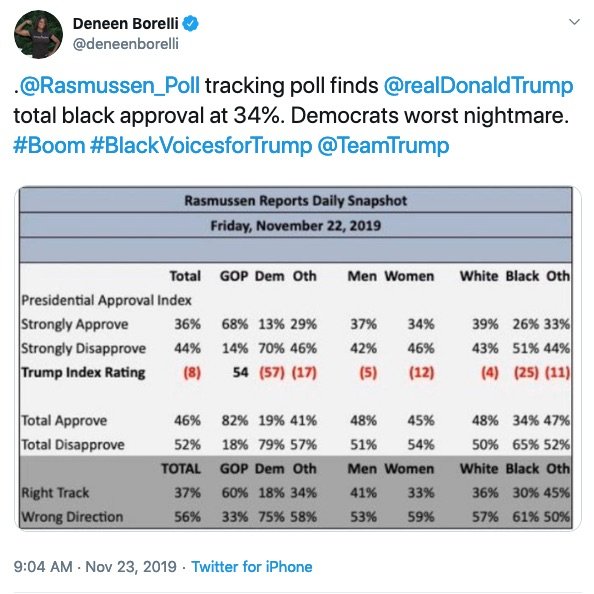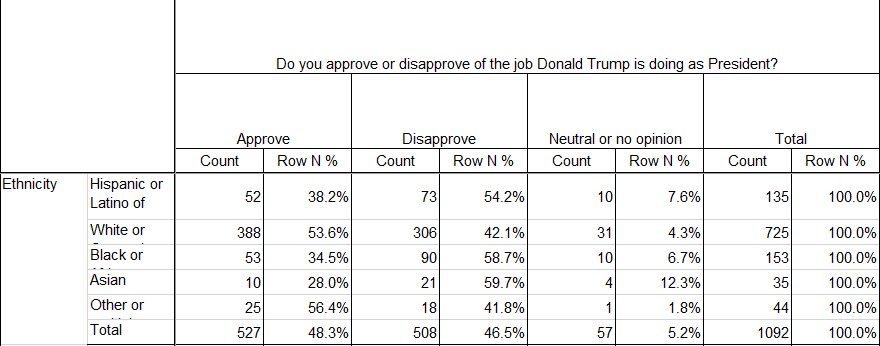
Mrs. Eleanor Roosevelt wrote an opinion column entitled “My Day” from December 1935 to September 1962, which was in truth a thinly-veiled platform for her political views. The Scripps Howard syndicate eventually dropped “My Day” for its overly-political content. Harriet Beecher Stowe, mentioned below, had never set foot in the South before writing her fictional “Uncle Tom’s Cabin” which immeasurably helped bring on war between North and South.
www.Circa1865.org The Great American Political Divide
Mrs. Roosevelt & Mrs. Stowe
“But let’s get on with Mrs. Roosevelt’s report on the South for readers of “My Day” all over the nation. The next few paragraphs are given over to tracing her Southern ancestry. Her grandmother, she writes, was a Bulloch from down in Georgia. She recalls the delightful plantation stories she used to listen to as a child, told by a great-aunt, who was also Georgia-born.
But listen to the next paragraph!
“With all that background I cannot help having a deep interest in the welfare of the State of Georgia and the South as a whole. Still I never go into that part of the country and come away without a sense of sadness. One can enjoy oneself superficially, but one must shut one’s eyes.”
We repeat that: “One can enjoy oneself superficially, but one must shut one’s eyes.”
One might also say, Mrs. Roosevelt, that one can enjoy oneself superficially in New York, or in Philadelphia, or in Chicago, or in Washington where you lived for so many years and where there are vile-smelling, over-crowded, poverty-ridden slums literally within a stone’s throw of the Capitol, or in San Francisco . . . but there also, one must shut one’s eyes at times to poverty and unhappiness. They smell to high heaven.
But Mrs. Roosevelt never writes about New York or Philadelphia or Baltimore or Chicago or Washington or San Francisco.
She joins instead that great claque of holier-than-thou reformers that persist in painting South as a backward land peopled in the main by low-browed hoodlums smelling of lavender and old lace and sniffing away on magnolia blossoms and shuffling along the street with a mint julep in one hand and a bull whip in the other going someplace to lynch some Negro who, if he got his just desserts, would be elected governor.
That old story has been going the rounds ever since Mrs. Harriet Beecher Stowe took pen in hand and wrote “Uncle Tom’s Cabin.”
This is the same Mrs. Stowe, incidentally, who, just one year after The War was over, moved South, bag and baggage to a plantation on the St. John’s river near the village of Orange Park, Florida.
It’s significant, it seems to us, that Mrs. Stowe never wrote a sequel to “Uncle Tom” after she moved to Florida and was able to observe conditions in the South at close range. But Mrs. Stowe did write some observations to her brother, Henry Ward Beecher, in the North.
“Corrupt [carpetbag] politicians,” she wrote on one occasion, “are already beginning to speculate on the Negroes as possible capital for their schemes.” How true in 1866! And how true, unfortunately, in 1950!”
(Weep No More My Lady: A Southerner Answers Mrs. Roosevelt’s Report on the “Poor and Unhappy” South, W.E. Debnam, Graphic Press, Inc., 1950, excerpts pp. 11-12)




 Emerson polled registered voters and they're consistent
Emerson polled registered voters and they're consistent





